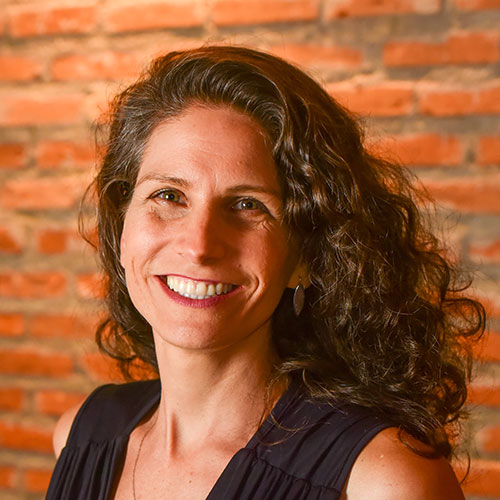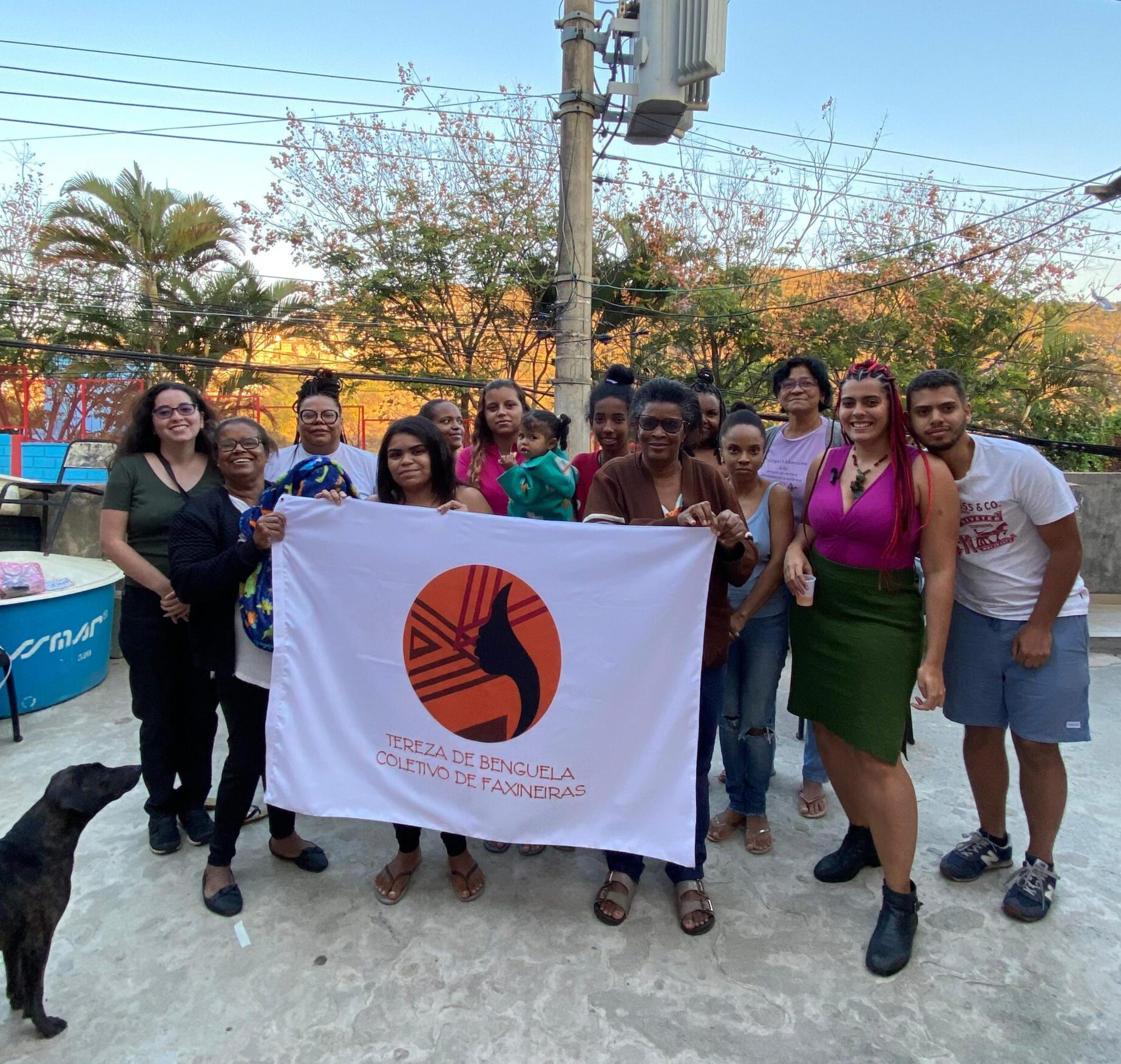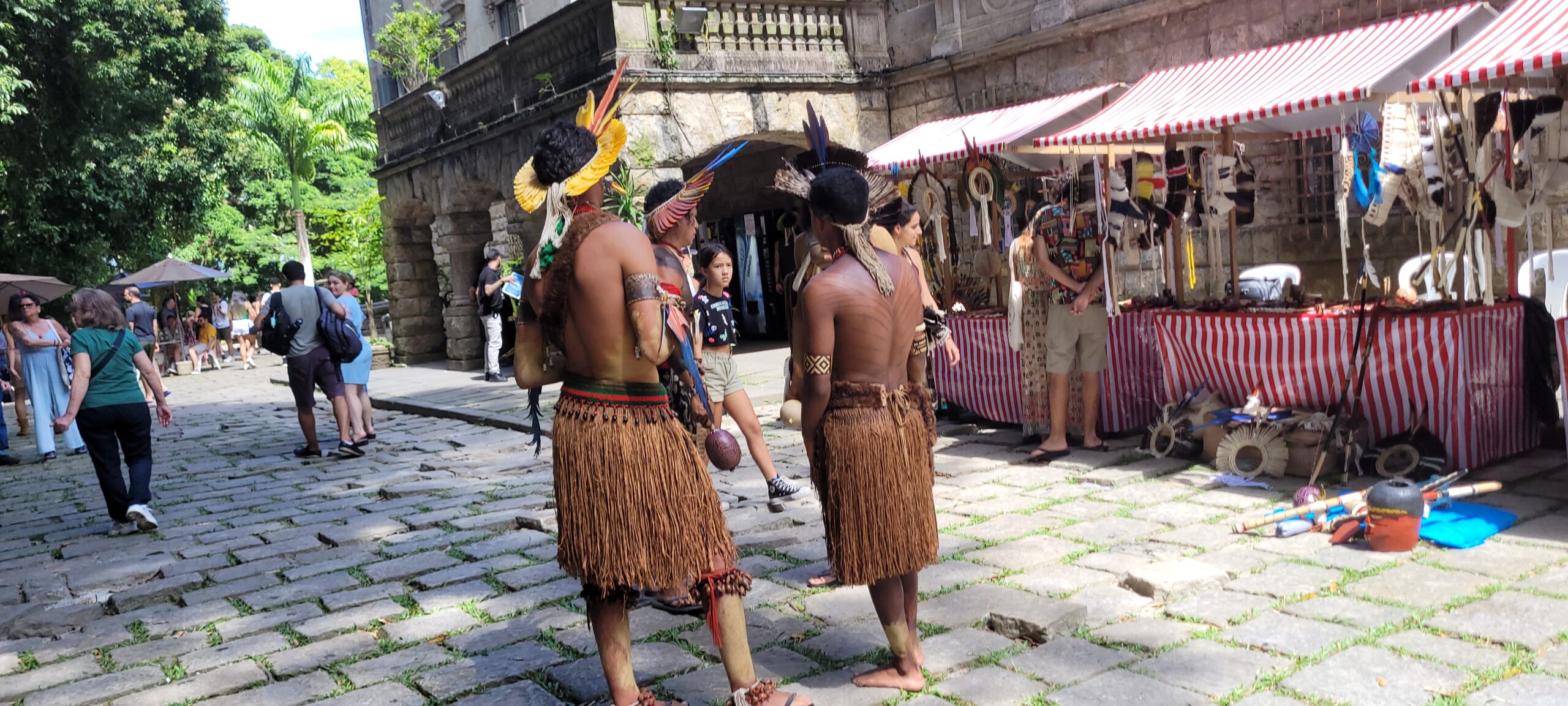Coletivo Tybyra brings visibility to LGBTQIAPN+ indigenous people
Created in 2019, the collective defends diversity as an ally in the demarcation of indigenous lands.
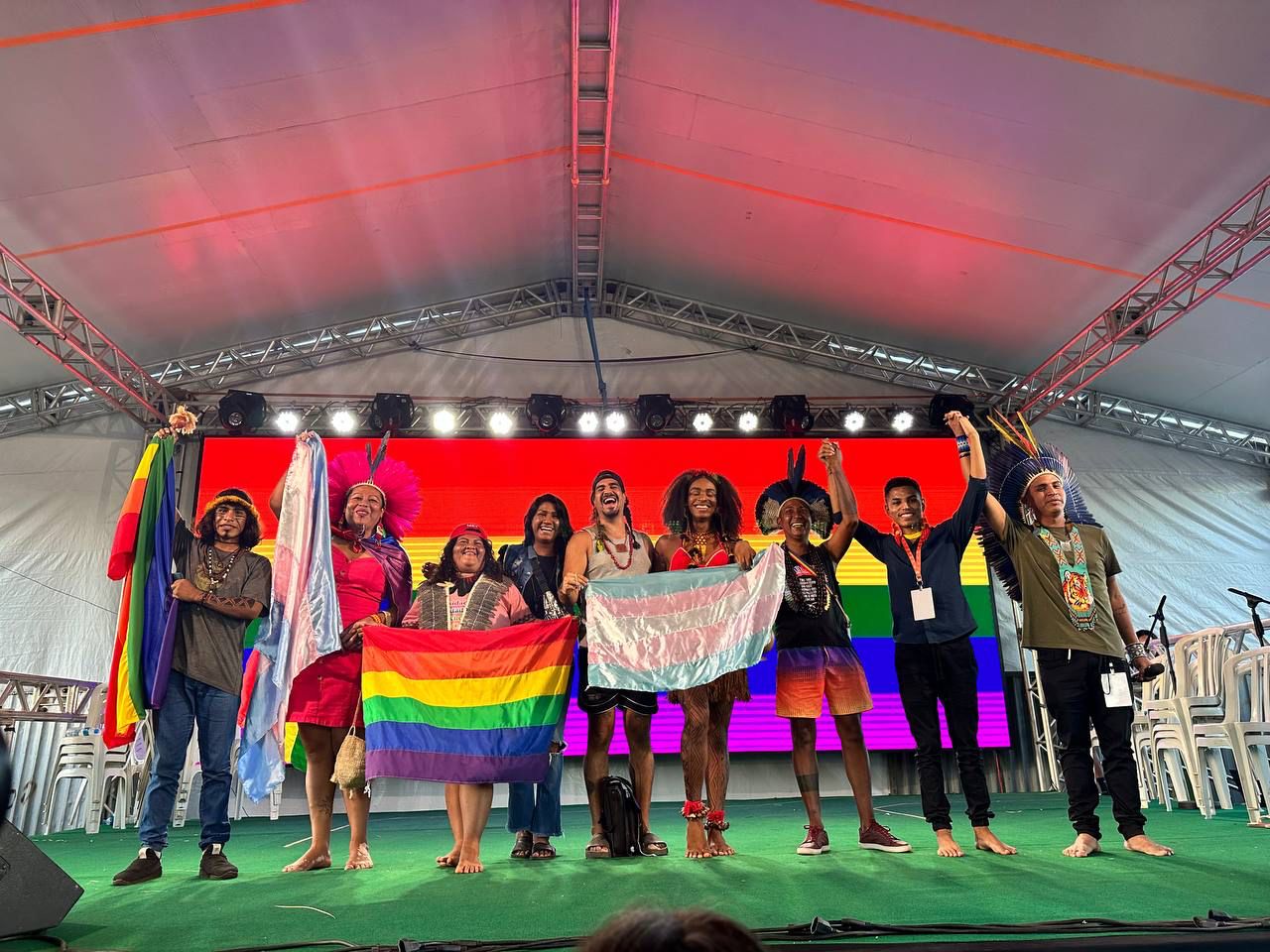
Danilo Tupinikim is largely responsible for boosting Coletivo Tybyra. A Political Science student at the University of Brasília, he became known across the country after appearing in an interview on the G1 portal in which he analyzed the dual impact of colonization and Christianity on the sexual diversity of indigenous peoples.
The interview had national repercussions. “It was the first time I talked about my sexuality and I started to receive a lot of positive comments, but also a lot of negative ones and people attacking me on social networks”, recalls Danilo.
“One day I received the comment ‘Oh, it’s not enough to be an indigenous, you still have to be gay’. We hear this a lot…” he says. If, on the one hand, social networks left Danilo in a vulnerable situation, it was through them that other indigenous people connected and proposed to set up the collective.
“With the interview, several people came to me to understand about sexual diversity among indigenous people. They hadn’t heard about it yet, mainly because of the invisibility of the agenda within the movement, the result of an imposition of the colonial imaginary of what it is to be indigenous”, explains Danilo.
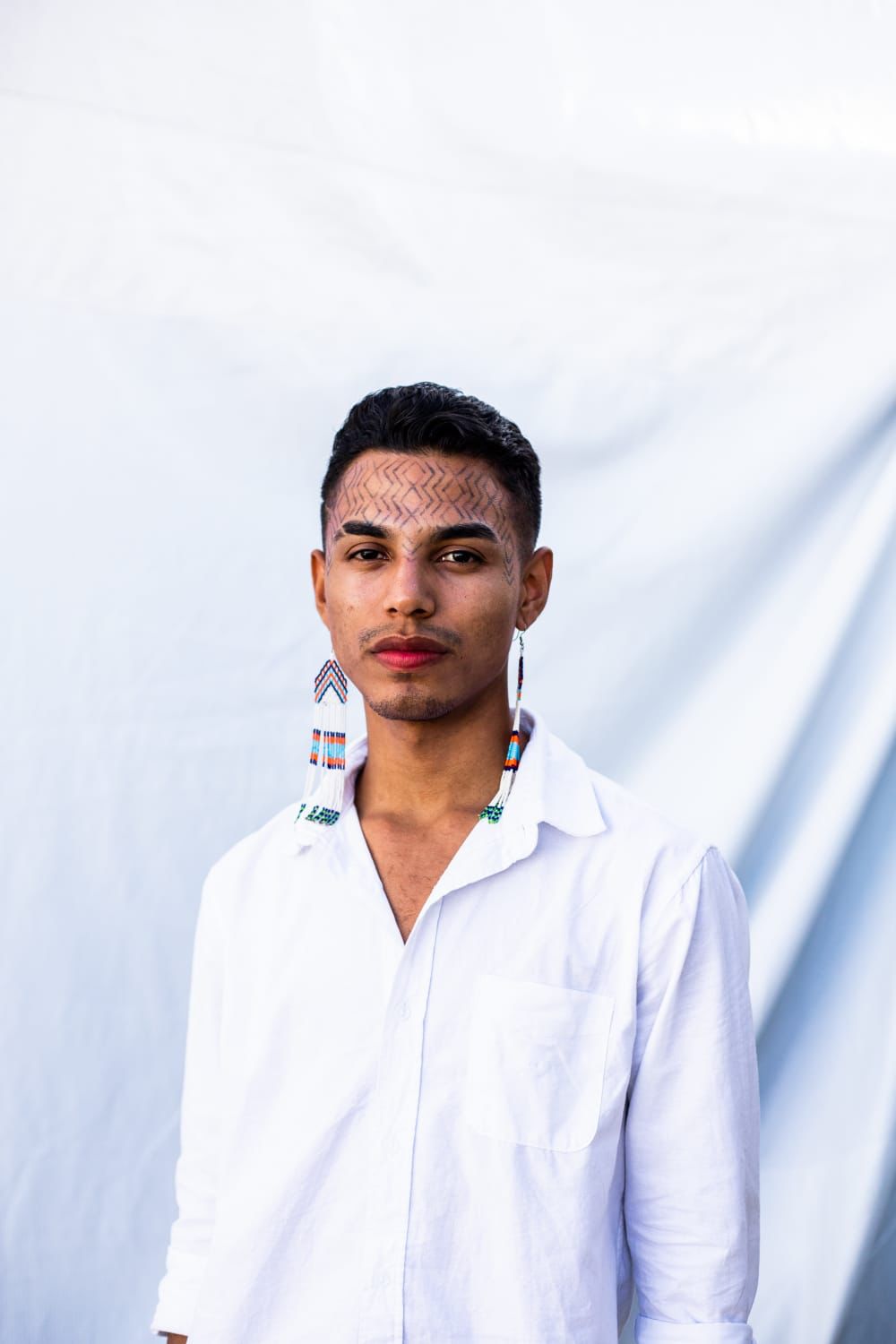
Network connection
After the repercussion of the interview, Katu Mirim sought out Danilo and, together with Erisvan Guajajara, Kiga Boe, Priscila Tainá, among others, formed Coletivo Tybyra, in 2019. The name of the collective was given in memory of Tybyra Tupinambá, the first case of homophobia documented in Brazil. According to historical records, Tybyra was condemned to death by the Catholic Church for practicing sodomy in 1614.
The collective’s actions take place mainly through social networks, a space where experiences are exchanged between LGBT+ indigenous people, in addition to information, strengthening and protagonism of the cause. The objective is to bring visibility to the agenda within the national LGBT+ movement, as well as reaffirm their existence within the indigenous context, says Danilo.
As a result, the collective has been able to spark a broad debate with society: congressmen Célia Xakriabá and Erika Hilton, for example, recently filed a bill to include Tybyra’s name in the book Heróis da Pátria.
The collective has also been holding LGBT+ plenary sessions at Acampamento Terra Livre, the largest indigenous mobilization in Brazil that has taken place annually for 19 years in Brasília. The LGBT+ plenary is included in the official program of the event and happened for the third time this year.
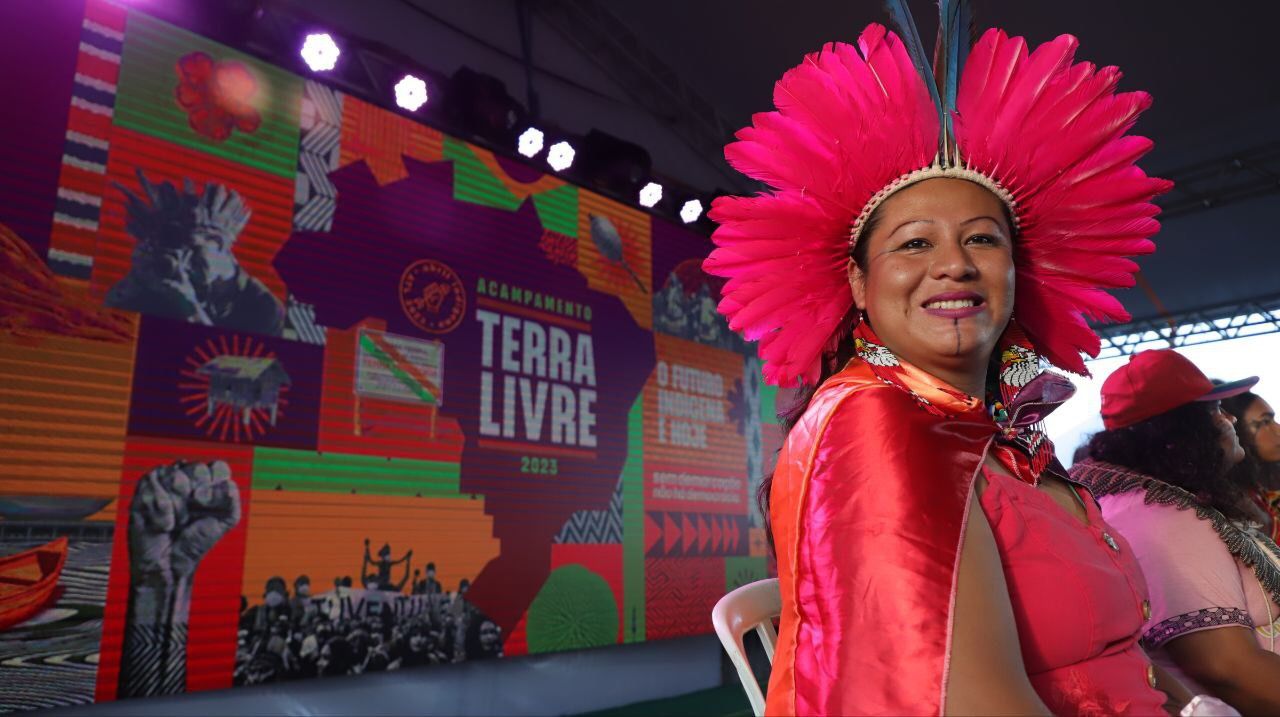
Urgent demands
Danilo Tupinikim is from Caieiras Velha, in the north of Espírito Santo. He became an activist for the cause after the repercussion of the interview for G1. Until then, he claims, he felt invisible within the LGBT + movement itself, without any representation for being indigenous.
The formal announcement of his LGBT+ identity, however, generated astonishment in his community. If on the one hand this was the cause of enormous discomfort, on the other it brought repercussions for the cause. Mainly, it made Danilo recognized as a local political reference.
“Since when I understand myself as a person, I have always suffered homophobia. And when the report arrived in the village, several people from the community started making jokes… I was in Brasilia, my mother called me, she was very hurt. But I built myself up as a leader and they started to have more respect for me and what I say today”, she recalls.
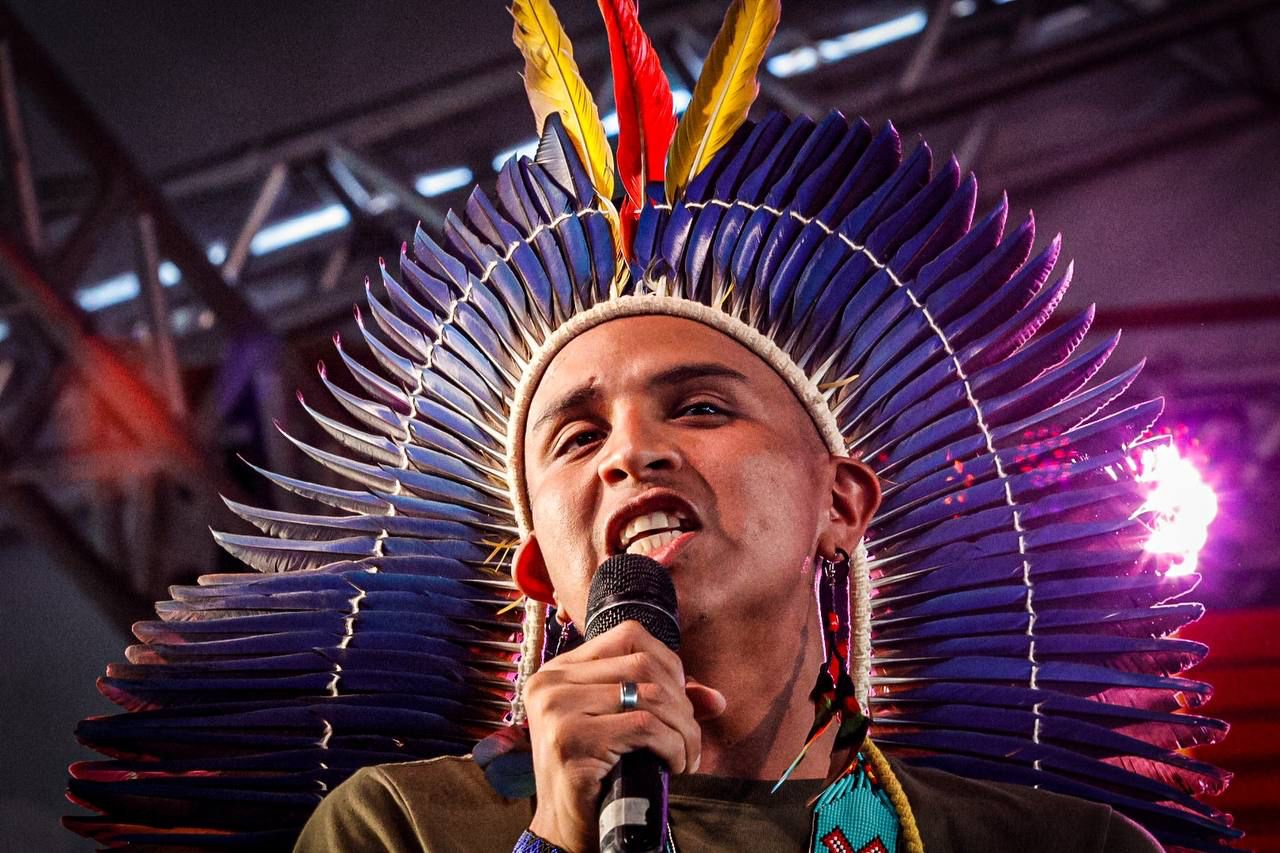
Decolonize the villages
According to Danilo, LGBTphobia within the villages is the result of a historical process of domination: “there are studies that show that homoaffective relationships were considered normal in some peoples. Without wanting to generalize and knowing that there is an enormous cultural diversity, it was after colonization, however, that many of these peoples began to repudiate such practices”, he explains.
For this reason, he says, it is necessary to decolonize the villages and reaffirm the various possibilities of existence within the indigenous communities themselves. “It is very important to bring the LGBT+ agenda into the indigenous movement and also discuss other aspects, such as indigenous people with disabilities, for example, so that there are no exclusions”, defends Danilo.
The recognition of indigenous ancestry is central to this debate, warns Danilo. “Many peoples have their own terms, according to the language of each one, to refer to sexual diversity. Indigenous people in Canada, for example, use the term two spirit,” he explains.
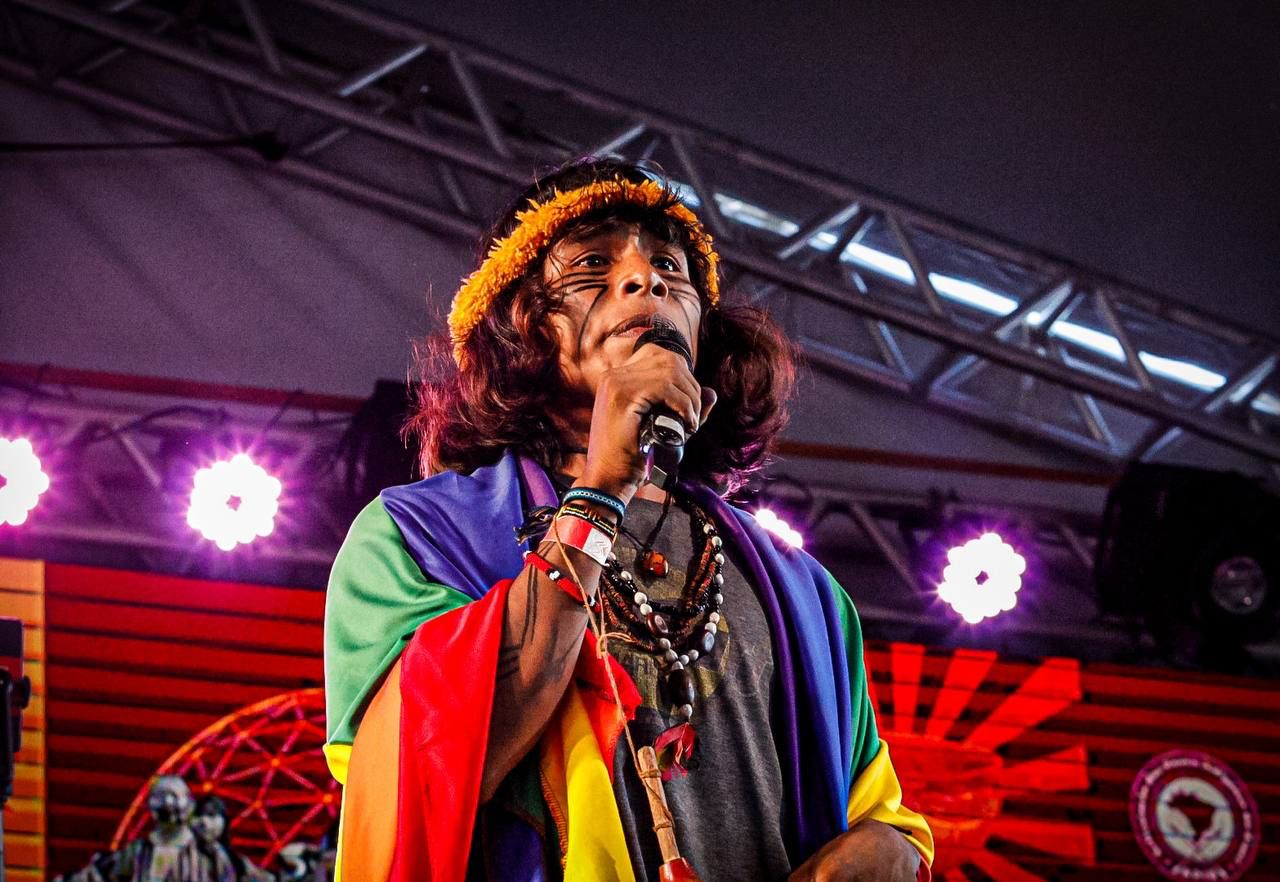
Primeira Ball at Acampamento Terra Livre
Danilo Tupinikim is a member of the Articulação dos Povos Indígenas do Brasil (APIB). It was he who took the LGBT+ agenda to APIB and then to Acampamento Terra Livre (ATL). The LGBT plenaries held at the ATL, in particular, have brought legitimacy to the cause. In the last edition, recently held in Brasilia, they also held the First Indigenous Ball.
The event is linked to the ballroom culture, an LGBT political and artistic movement that emerged on the outskirts of New York, in the United States, in the 1960s. Parades, performances, music and dance set the festive tone of the event without losing sight of the political nature of the event. movement. In these artistic manifestations, for example, attitudes of contestation and confrontation are implicit.
At Primeira Ball Indígena of Acampamento Terra Livre in 2023, the LGBT indigenous leaders who are at the forefront of the national debate and who are not afraid to talk about the subject took to the stage. “We were in front of more than 200 people, each one with a different view on homoaffective relationships, and that was very significant, because we showed that we exist”, says Danilo.
For him, the biggest challenge of the cause today is to reaffirm the importance of the LGBT+ agenda within the indigenous movement itself. “We need to talk about violence and prejudice, there has already been a murder motivated by LGBTphobia within my territory, for example. So this issue is as important as fighting for land demarcation or for quality indigenous education, for indigenous health, against mining, prospecting and deforestation”, he argues.
“We are also at the forefront of the struggle of the indigenous movement”, concludes Danilo.
Want to support this cause?
Follow the Tybyra Collective’s social media on Instagram and Twitter.
For more information, contact contatotibiras@gmail.com.
